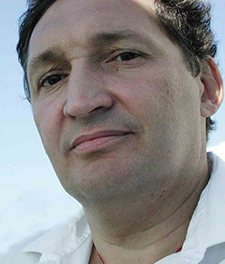When should I take my social-security? Now or later?
How to choose the age to start social-security.
Well there are some important numbers to consider. First, how long will you live? Ha! That is a good one you are thinking!
Well it's not so tough as it seems for some people who are willing to look hard at their own families life and medical histories and their own health issues.
When you've, decided approximately how long you might well live, then you can decide what to do as far as when to apply for your social security checks, to start coming.
We have some ideas that seem to work here.
If you think you will live beyond 78 years of age don't touch social-security until you are at full retirement age.
If you think you can work until you are 70 years old, and live to be over 82 years old then you can wait until you are 70 to start to collect.
Extend your social-security
The good thing is that you can, as of now anyway, get 8% more a year for each year that you wait beyond your full retirement age until you reach 70 years old.
Seventy is the cut off age for increasing your income from social-security as it currently stands.
For those who take early retirement the magic number was $14,460 starting back in 2012.
After you have earned that amount, social-security will keep $1 of each $2 from its payment to you for years that you work until you reach the year of full retirement age.
When you get to the very year of your retirement age the ratio is $1 for every $3 dollars earned that year.
Afterwards that ends.
Here is a quote from the Social Security Administration from publication 05-10069
"You can get Social Security retirement or survivors benefits and work at the same time. But, if you are younger than full retirement age and earn more than certain amounts, your benefits will be reduced. It is important to note, though, that these benefit reductions are not truly lost. Your benefit will be increased at your full retirement age to account for benefits withheld due to earlier earnings. (Spouses and survivors who receive benefits because they have minor or disabled children in their care do not receive increased benefits at full retirement age if benefits were withheld because of work.)"
copyright ©Social-Security.biz since 2011 - disclaimer
